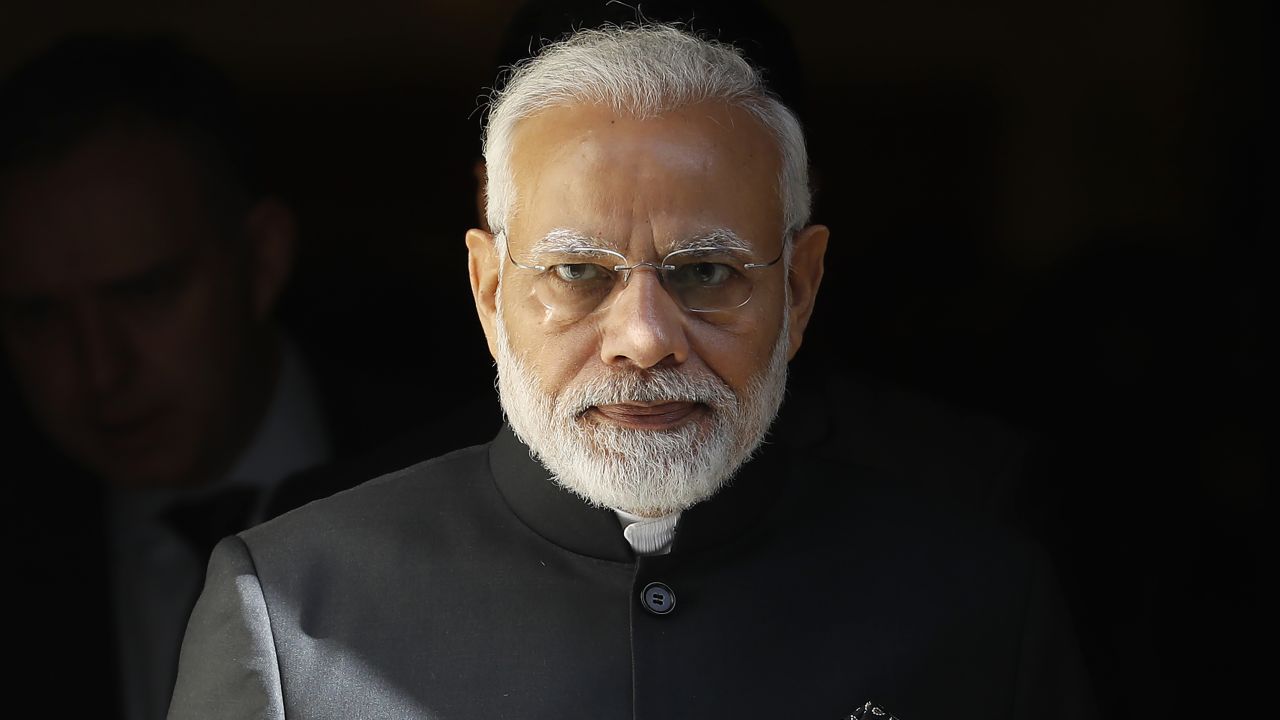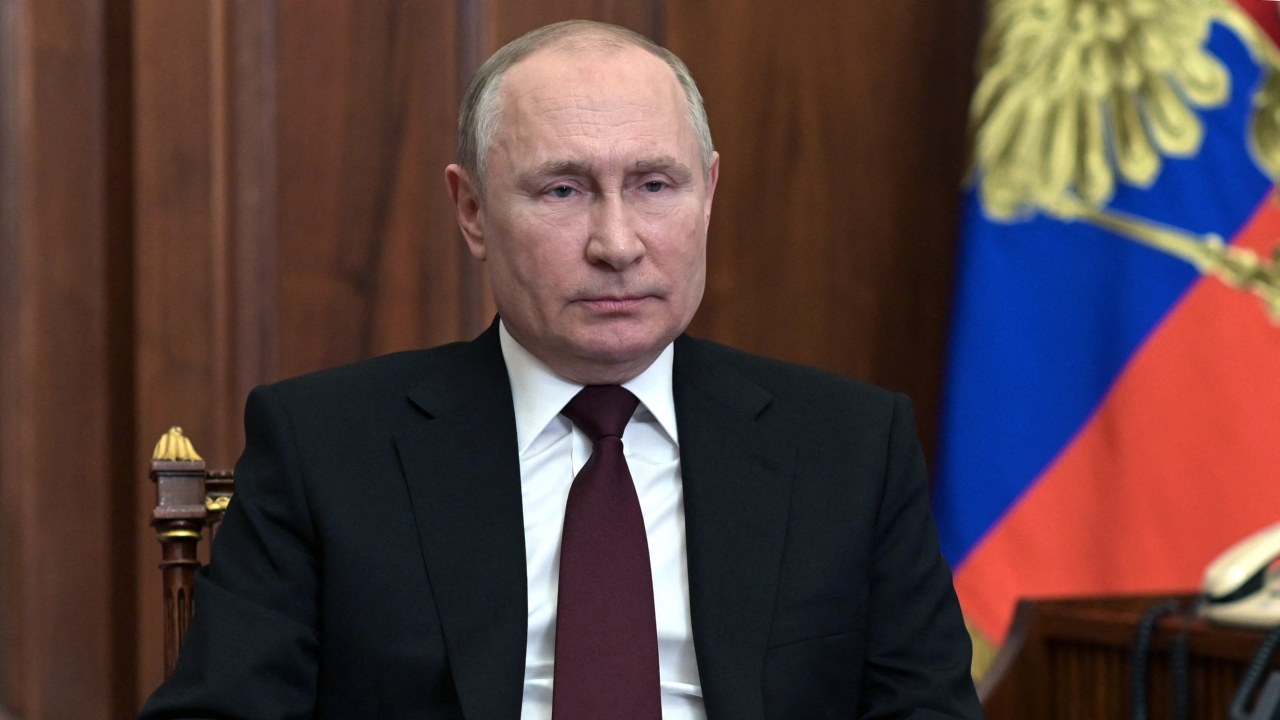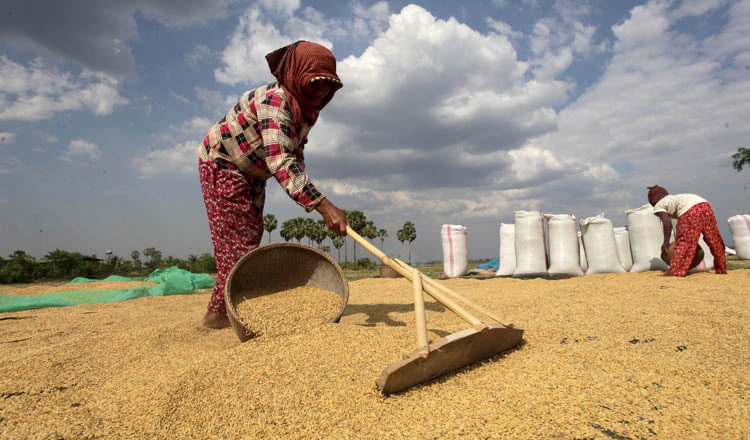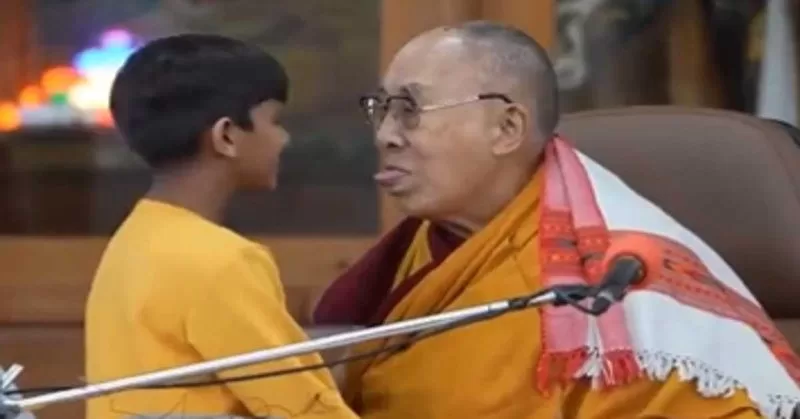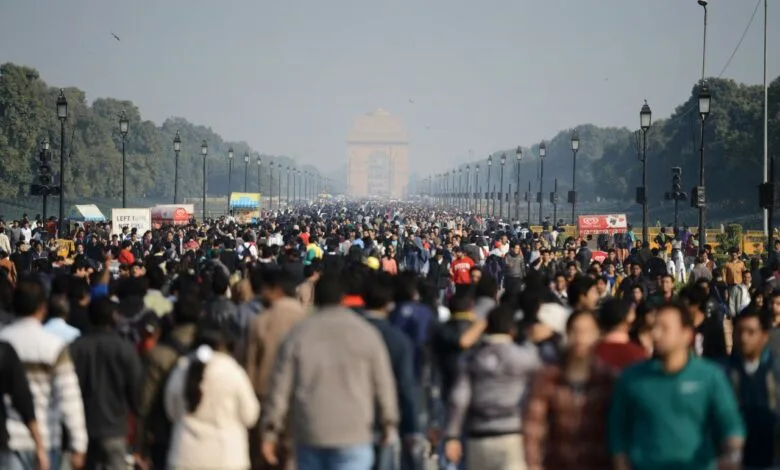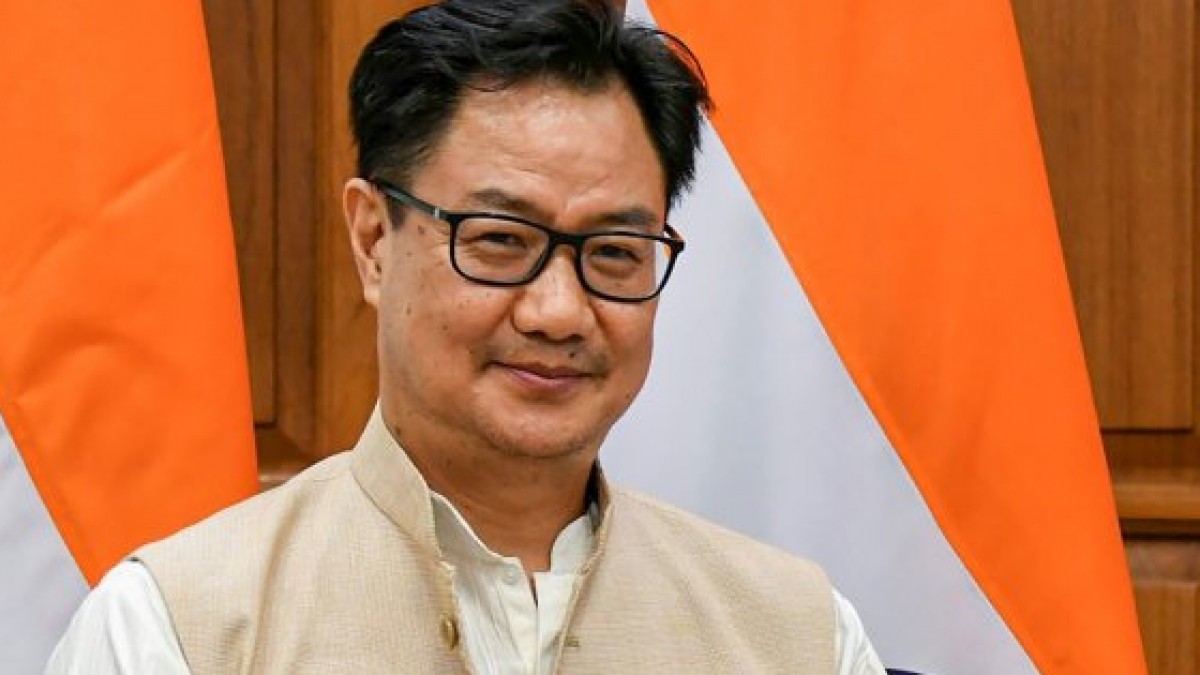
Giriraj Singh, the minister for rural development in the Union, stated on Sunday that a population control bill is absolutely necessary because of our limited resources. He used China as an illustration, stating that the neighbouring nation adopted the “one child policy” in 1979 and has since developed.
The population control bill is essential because of our limited resources, he said. China implemented the “one child policy,” managed its population, and made progress. How will we compete with China, where ten children are born in China every minute and thirty are born in India every minute?
“The law should be applied to everyone, regardless of faith or social group, and those who disobey it shouldn’t receive government advantages. Their right to vote should also be taken away, according to Union minister Giriraj Singh.
Significantly, numerous BJP officials have pushed for the passage of legislation to restrain the nation’s rapid population rise. But, the Health Ministry stated in August of this year that it was not taking any such suggestion into consideration.
In a statement, Bharti Praveen Pawar, the minister of state for health and family welfare, said that while the need for family planning is only 9.4% unmet, the use of modern contraceptives has climbed to 56.5%. As a result of the Crude Birth Rate (CBR) dropping to 19.7 in 2019, the government is not considering taking any formal population control measures.
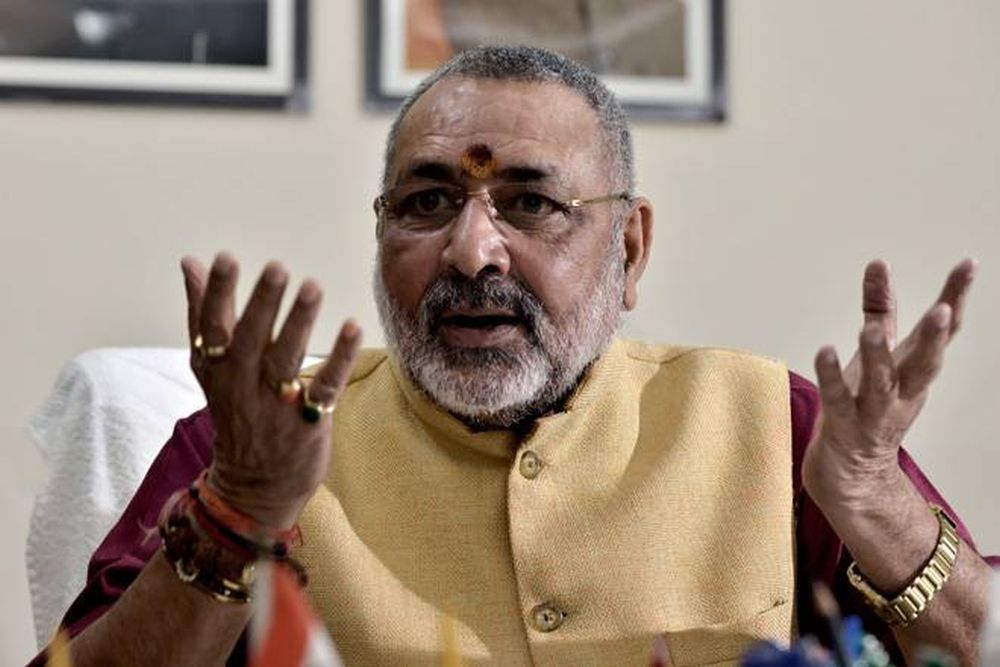
Population Control Bill
The new legislation tries to discourage couples from having more than two children. It states that a couple will lose their eligibility for government jobs and subsidies on a variety of services and items offered by the government if they have more than two children.
The policy has been introduced into Parliament more than thirty times, but neither of the Houses has approved of it.
The two-child limit per couple does not, however, take into account Islamic principles or the rights of divorced spouses. These elements were absent from earlier measures offered to the Parliament.
India is anticipated to overtake China as the world’s most populous nation next year, according to a report by the UN. According to the analysis, the rate of population growth worldwide is at its lowest level since 1950 and will decrease by less than 1% in 2020.
According to the United Nations’ most recent estimates, the world’s population may reach 8.5 billion people in 2030 and 9.7 billion by 2050. The population is predicted to peak at 10.4 billion people in the 2080s and stay there until 2100.



























































































